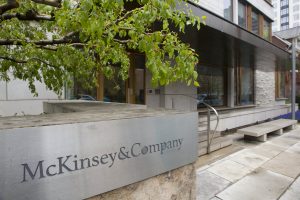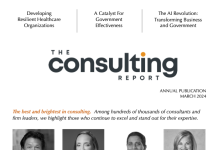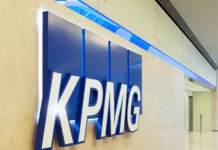The dust is seemingly settling on the past year’s pandemic madness, with many considering a return to normal finally somewhat within sight. Currently 50% of all Americans have received at least one dose of a COVID-19 vaccine, with 40% fully vaccinated.
Last year global business travel took a huge blow, with a 52% decrease, and upwards of $94 billion decrease for corporate travel. In a recent insight, consulting firm, McKinsey assembled a projection of what the next year will look like for companies seeking employee re-entry and resumption of business travel.
McKinsey predicts that the US and UK will be the first to achieve any semblance of herd immunity by mid-2021, due to their higher rates of total vaccination. The EU will likely follow with projected immunity likely occurring as 2022 approaches.
The pandemic has proven to many companies that flexibility from the traditional brick-and-mortar workplace is possible, with 72% of executives reporting that they will permanently be implementing remote options for their workers, and around 70% stating that they will be employing more temporary workers than before the pandemic hit, but what does this mean for the future of business meetings and trips?
There is still some ambiguity on how many businesses will handle the post-pandemic workplace. 30% of executives replied to a recent survey stating that their companies have either not outlined specific plans or been vague in what future proceedings will entail as far as business travel is concerned.
The key to success in ensuring the future on corporate travel, according to McKinsey, lies in companies’ abilities to set out proper guidelines for what business trips will entail including newly adjusted travel expenses, how public forums will be handled, and whether vaccination status will play a role in an employee’s ability to participate in company events or meetings that are away from main base.
As more employees gain vaccinations and re-enter a traditional work-environment, it is likely that there will be major adjustments made on behalf of executives to ensure, not only the workspace safety of their employees, but also guarantee a re-integration of out-of-town business ventures.

























